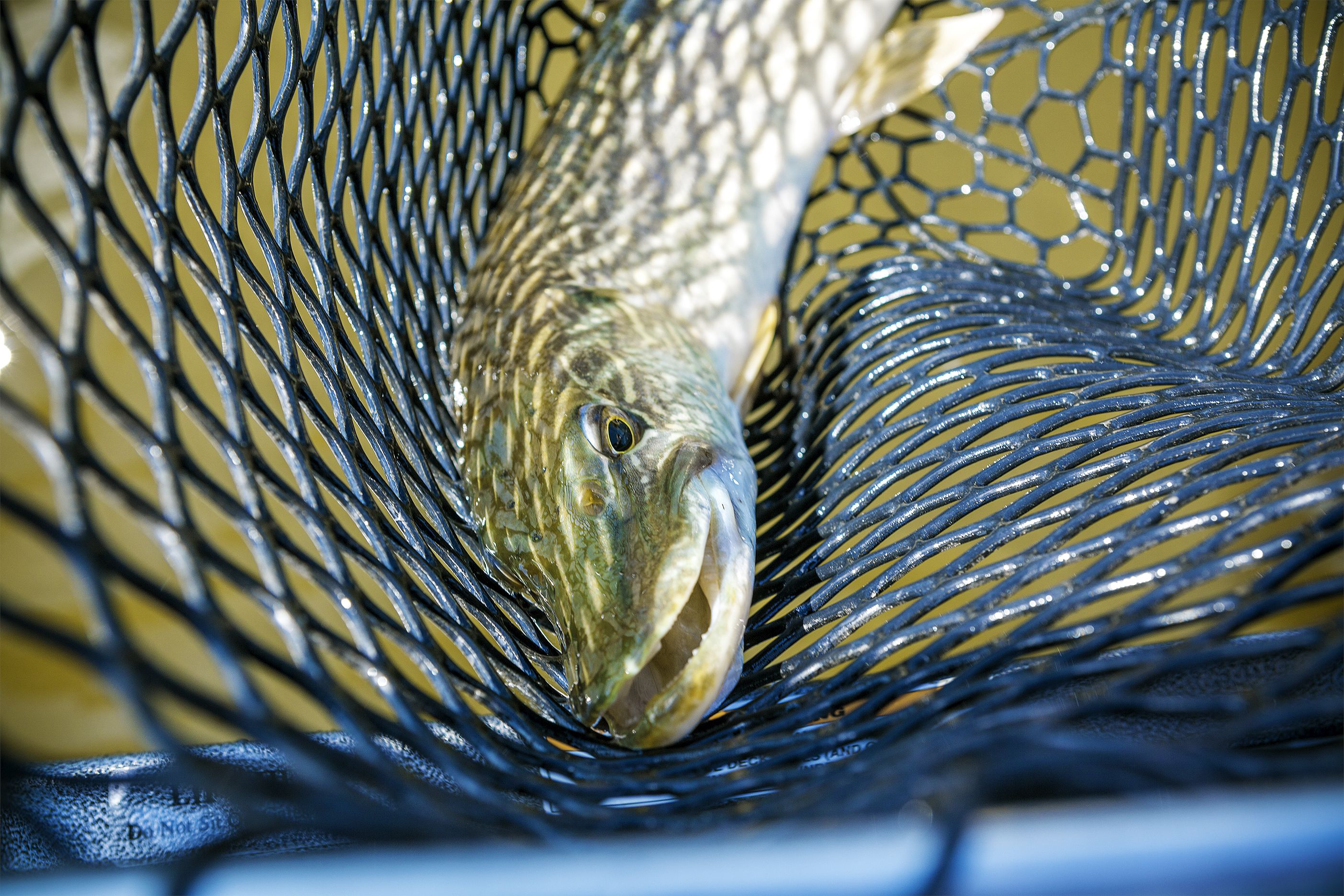Seven projects will be receiving support from the Fisheries and Aquaculture Clean Technology Adoption Program to support clean economic growth in Quebec.
“The projects we are funding through the Fisheries and Aquaculture Clean Technology Adoption Program will support the women and men in Quebec’s seafood sector build more prosperous, sustainable practices for years to come,” said Bernadette Jordan, minister of fisheries, oceans, and the Canadian Coast Guard. “These investments will not only help our fisheries overcome the economic challenges of the pandemic, but actually emerge stronger and more resilient than ever.”
The seven projects will support fisheries and aquaculture businesses in adopting greener practices by improving fish waste treatment, increasing energy efficiency, and reducing water use. The projects will also help businesses in creating greater reliance on green energy, modernizing fisheries sonar, and reducing fuel consumption.
“North Shore businesses and workers have not had it easy due to the pandemic, but they have pulled themselves together,” said Pablo Rodriguez, leader of the government in the House of Commons and Québec Lieutenant. “Today’s announcement is a serious boost to innovation and economic recovery in the region.”
“It will improve the efficiency of our businesses, and create good jobs for families on the North Shore and in the Gaspé Peninsula,” added Rodriguez. “We will continue to work with the Government of Quebec to help Quebecers through this crisis.”
The Government of Canada is contributing nearly $2 million in funding towards the projects and the Government of Quebec is contributing more than $300,000.
“The projects we are announcing today will help achieve the government’s targets for the commercial fisheries and aquaculture industry in Québec,” said André Lamontagne, Quebec’s minister of agriculture, fisheries, and food.
“In this regard, these projects will, for example, promote the sustainability and environmental performance of the industry and accelerate the automation and robotization of aquatic product processing companies,” added Lamontagne. “Additionally, they support diversification of fish farm production. As a result, Québec fish products will enjoy a stronger positioning among consumers.”









